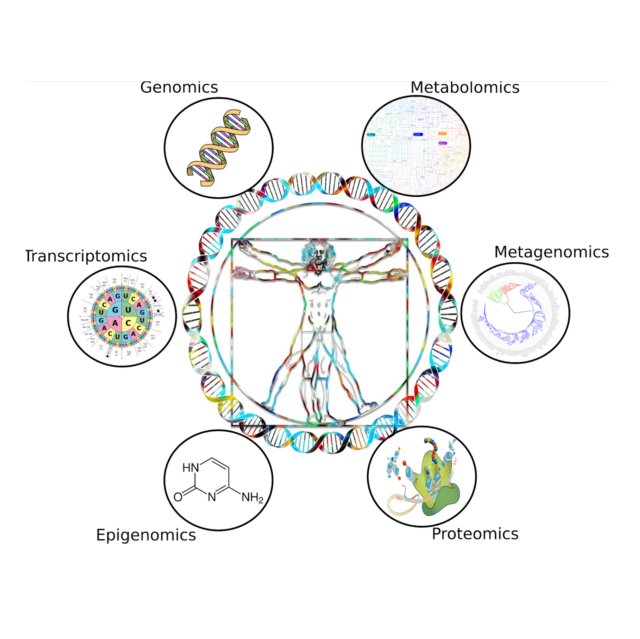
Differential signaling in FSGS (Collaboration with Huber lab and part of SFB 1192)
Focal segmental glomerulosclerosis (FSGS) is a major glomerular cause of end stage renal disease. FSGS represents a pattern of response to injury, subsequent damage and loss of podocytes regardless of the underlying etiology. It is hypothesized that the primary form of FSGS is caused by an unknown circulating factor that leads to disturbed cell-cell-interaction and often to early and devastating recurrence after kidney transplantation. Modeling global communications among cells requires accurate representations of cell-cell signaling links and effective systems-level analyses. With the advent of single cell sequencing (scRNA-seq) it is possible to estimate cell heterogeneity at a high resolution allowing detailed cataloging of cell types and prediction of cellular differentiation trajectories and communication. The goal of this project is to infer differential cell-cell communication patterns, underlying transcriptional and gene regulatory changes to elucidate the pathologic transformations occurring in (recurrent) FSGS. This will help to potentially identify the unknown circulating factor and detection of new molecular targets for the treatment of FSGS.


Stay In Touch